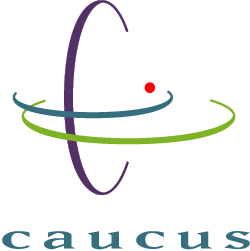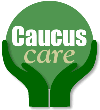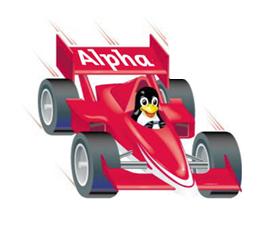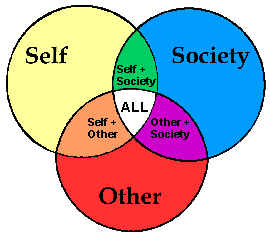- Understanding It
- Picking It
- and Making It Work in the Workplace


 Online Collaboration
Online Collaboration
|
 |
Who is this "Charles Roth" guy?
|
 |
||
 |
 |
||
|
Power Corrupts.
PowerPoint Corrupts
|
 |
|
...itty-bitty presentation time...
(This was a half day talk. Now it's an hour talk.)
(Warm up your engines, I'm going to race through this.)
|
 |

 Section I. OLC: Understanding It
Section I. OLC: Understanding It
|
TLA's (3 letter acronymns)
Assumptions:
|
 |
|

|
| "Teamwork means everyone doing what I say." |
 |
![]()
It's worse than real-life collaboration.
![]()
On the third hand... everything that people do badly FTF can be done
even worse online. But I get ahead of myself...
Medium 10-40 (e.g. an IS Department)
company 40-500+
Consider matrix of Group sizes x Actions.
Action mix and effectiveness different in each group size.
Technological: what tools and features make it work?
Psychological: it's still all in the mind...
People are crazy.
People are wonderful.
OLC amplifies both aspects.
Our internal process is mostly invisible.
The stickiest part of collaboration is "the meeting".
(Warning: sexist generalizations ahead)
Niven's Law: Destruction is easier than creation. Therefore
we must be doing something right.
("Yeah, right. I've got this bridge...")
No, really. It's about Power.
"Power-hungry" people are starving... for something else.
Sometimes they need medication. Mostly they need to feel
like they're making something useful happen. But they (we) act
it out in funny ways...
Collaboration yields a net increase in power... when it works.
It looks like a net loss when it doesn't. There's a tipping point
in the middle.
What social tools are needed?
Instead use
Many, many choices. "Big(ger) Names" with very brief strengths:
Always ask these questions:

 Some things are faster!
Some things are faster!
 Even in same place/same time,
supplants traditional (FTF) meetings if used well.
Even in same place/same time,
supplants traditional (FTF) meetings if used well.
![]()
 Tight 2-10 (e.g. Apache core)
Tight 2-10 (e.g. Apache core)

![]()
 amphitheatre 40-500+ (slashdot!)
amphitheatre 40-500+ (slashdot!)
![]()

 Actions: what we really do with OLC
Actions: what we really do with OLC
![]()
![]()

![]()

 Making It Work (still continued)
Making It Work (still continued)
![]()
![]()
Even we have a hard time knowing why we do what we do.
We still don't know how to have them.
![]()
![]()

 Technology is going to help this?
Technology is going to help this?
We want power because we are creative. We want to GET SOMETHING DONE!
Amazingly enough, considering how crazy companies can be.
![]()
![]()
![]()
![]()
drives people away
escalates others

![]()

 What to watch out for (continued)
What to watch out for (continued)
![]()
e-learning, content creation & management, some discussion
discussion, documents, chat, whiteboard,
(management, customization)
discussion, documents, some realtime, polling, (process control)
(can't tell what it does -- discussion, chat??,
calendar... interface to lotus notes)
discussions (incl filtered), documents, chat, calendars, tasks, im,
(customization, oracle integration).
Also workflow, see webworkzone.com.
high-end integrated realtime tools
(Once popular, then open-sourced, now apparently DOA)
brainstorming/flip-charts, voting, surveys, chat
integration of email with group folders, "conferences", calendar, chat
historic tool fallen by the wayside, aka well-engaged, web version of well,
coeval with Caucus
discussion, chat, calendar, (customization)
elearning, course creation/management, primitive discussion tools
realtime (video, audio, chat, whiteboard, with record/playback),
polling,
document sharing,
app sharing (shared navigation)
![]()
What's the context? If we're collaborating, why are we here?
Who ought to be here? Why?
Do they think so?
What kinds of conversations should happen? What features
would help those? The rest are irrelevant.
Will OLC reduce conflict? Will it bring it out in the open?
Is that bad or good?
![]()
![]()